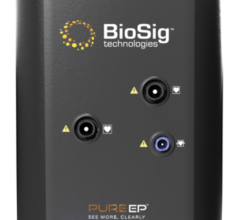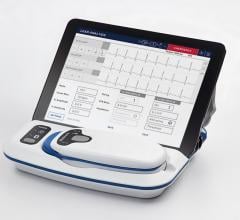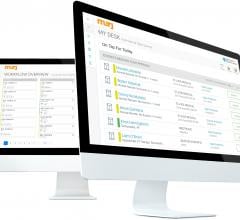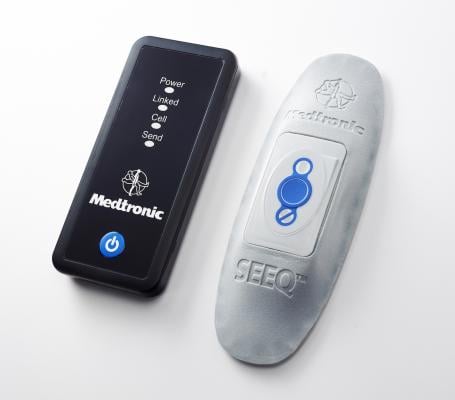
May 23, 2018 — Medtronic announced on May 23, 2018 that it will discontinue marketing for its SEEQ Mobile Cardiac Telemetry (MCT) System to concentrate support on its Reveal LINQ Insertable Cardiac Monitor (ICM) System.
The announcement said Medtronic will continue to service patients who are currently using SEEQ MCT, and that providers may place online orders for new SEEQ patient prescriptions through May 25, 2018. The company said this timeline would allow it to provide monitoring and related services for the duration of the prescriptions.
SEEQ MCT patient data and reports will be available to download via SEEQ Online Reporting through Aug. 31, 2018. Beyond this date, Medtronic will be able to pull and send SEEQ MCT patient reports by customer request.
Launched in the U.S. in 2014, the SEEQ MCT System was designed to be worn for up to 30 days to help detect and diagnose the cause of irregular heartbeats. Medtronic acquired the technology from Corventis Inc., which developed the technology. Automatically activated when applied to the skin, the SEEQ MCT System includes a wearable sensor that monitors the heart continuously for up to 30 days. With a slim profile and no wires (about 15mm or 0.6 inches in depth), the adhesive sensor can be worn discreetly under clothing and is water-resistant so that patients can be monitored continuously while exercising, showering or sleeping.
The SEEQ MCT System remotely monitors every heartbeat and automatically sends important cardiac data to the Medtronic Monitoring Center. While the SEEQ MCT System captures and transmits cardiac data automatically, a trigger button also allows patients to alert the monitoring center, should they have symptoms. Whichever way the trigger is activated, data are transmitted via Bluetooth and cellular connections to the Monitoring Center, which provides reports to prescribing physicians for review and analysis.
The system is indicated for patients who experience symptoms that suggest an irregular heartbeat such as syncope (fainting), lightheadedness, vertigo, palpitations or shortness of breath, and whose symptoms were not detected by a 24-hour Holter monitor.
While the SEEQ MCT System is prescribed for patients who may require up to 30 days of monitoring, Medtronic also introduced the Reveal LINQ Insertable Cardiac Monitoring (ICM) System in 2014, which can continuously monitor patients for up to three years. The Reveal LINQ ICM is designed for patients whose cardiac arrhythmias are less frequent and may not be detected by short-term monitoring systems.
For more information: www.medtronic.com

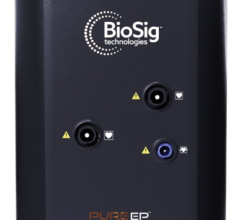
 May 03, 2023
May 03, 2023 
